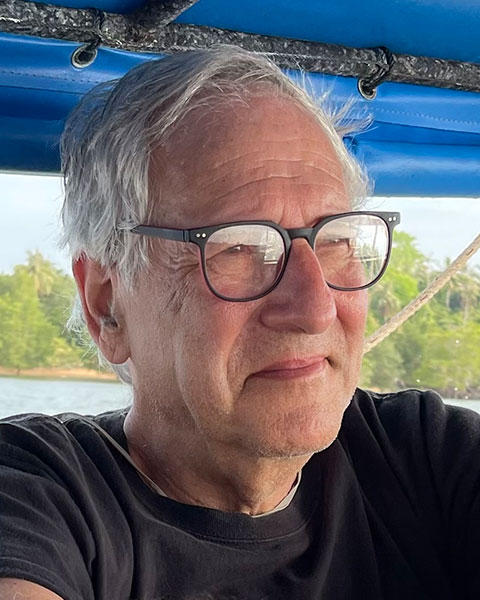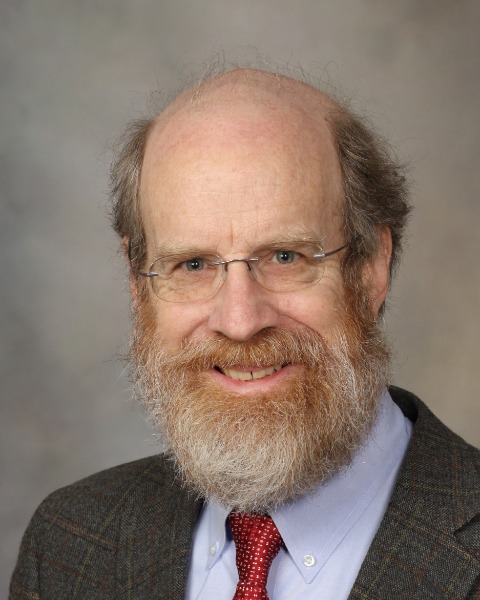Live Workshops
Psycho-Oncology/Palliative Care
Words Really Matter—When is it Suicide and When is it Something Else?

Lewis M. Cohen, MD, FACLP (he/him/his)
professor emeritus
Tufts University School of Medicine
Northampton, Massachusetts.jpg)
Tom Strouse, MD, FACLP, DFAPA, FAAHPM (he/him/his)
Maddie Katz Professor
UCLA David Geffen School of Medicine
Los Angeles, California
J. Michael Bostwick, MD, MFA, FACLP
Consultant in Psychiatry, Professor of Psychiatry, Senior Associate Dean of Admissions
Mayo Clinic, Rochester, Minnesota
Rochester, Minnesota.jpg)
Shannon L. Mazur, DO, MA (she/her/hers)
Assistant Professor of Psychiatry
Yale Psycho-Oncology Program at Smilow Cancer Hospital
Madison, Connecticut- AE
Ayatalla El-Mufti, MBBS
Trainee
University of Medical Sciences and Technology
Gainesville, Virginia
Lead Speaker(s)
Speaker(s)
Moderator/Discussant(s)
Suicide has traditionally been understood as a self-destructive act clouded by desperation, depression, or both, involving people of all ages, races, and ethnicities. As more American jurisdictions legalize medical aid in dying (MAID), psychiatrists are increasingly asked both to evaluate the decisional capacity of patients seeking this end-of-life (EOL) practice and to assess whether depression is clouding their judgement in the manner of typical clinical suicides. However, MAID is only the most controversial of several death-hastening practices that include withholding or withdrawing life-prolonging treatments, palliative sedation, voluntarily stopping eating and drinking (VSED), and acts of “self-deliverance.” How do we differentiate the ethical implications of each death-accelerating practice, and should any (or all?) be described as suicide? The panel will emphasize active learning and encourage participation by frequently polling the audience about paradigm shifts in these practices. At least 20% of the session will be interactive. As MAID has historically been disproportionately sought by affluent, educated Caucasians, the impact of death-hastening practices individuals on marginalized groups will be examined. 15 minutes- Dr. Cohen, a professor emeritus at Tufts University School of Medicine, studied how patients chose to cease dialysis and die, making him a pioneer in developing renal palliative care. He is currently writing a book about a man with Alzheimer’s disease who died using VSED, and he will describe the new subspecialty of neuropalliative care. 20 minutes- Dr. Strouse, the inaugural holder of the Maddie Katz Chair in Palliative Care Research and Education at UCLA, works as a psycho-oncologist and palliative care physician. His involvement in UCLA’s adoption of the California EOL Options Act is directly linked to earlier career experiences with the violent suicides of dying patients who had no access to peaceful death with lethal prescriptions. 20 minutes- Dr. Bostwick, a professor at Mayo Clinic, is a renowned suicidologist who collaborated with Dr. Cohen on a model that distinguishes suicide from other EOL practices based on whether (or not) a patient intends to hasten death and whether (or not) they include others in their decision-making. He will present four principles differentiating suicide driven by mental illness from other death-accelerating practices. 15 minutes- Dr. Mazur is an early career C/L psychiatrist and bioethicist at Yale School of Medicine, and she recently participated in deliberations over instituting palliative sedation guidelines. She is a bioethicist who won’t hesitate to challenge the other presenters and help stimulate the audience’s discussion. 5 minutes- Dr. Aya El-Mufti is an early career trainee from Sudan, who is applying to the Duke psychiatry residency program and has acted as a primary caregiver for a patient with late-stage dementia. She brings an important perspective to the workshop and will be the Moderator. 15 minutes-Audience contributions, brainstorming opportunities, sample questions, and discussion. The Bioethics SIG is sponsoring this workshop designed for C-L psychiatrists from all levels of experience, who care for dying patients and question how our profession is adapting to societal EOL practice changes affecting neuropsychiatric and other disorders.Learning Objectives:

